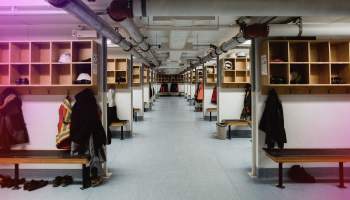Insights
Driving innovation forward through key insights
Filter by:
Type
Topic
Service
Industry
Blog
The execution gap: why rail's technology problem isn't about technology
Gregg Wheeler


Blog
The AI-human advantage in manufacturing

Jason Hehman
Vertical Lead - Industry 4.0

Blog
Capturing institutional knowledge: from defensive posture to competitive moat

Jason Hehman
Vertical Lead - Industry 4.0

Blog
Why we're not backing down from our DEIB commitments
Mark Rickmeier

Why workers prefer pen & paper to your $5M custom manufacturing tool

Jason Hehman
Vertical Lead - Industry 4.0

Podcast
Beyond the rails: how freight transportation has been quietly leading the AI revolution

Jason Hehman
Vertical Lead - Industry 4.0


Blog
How mid-market industrial firms win in the digital era

Adam Schanfield
Principal Strategist

Event recap
Manufacturing's digital moment: key takeaways from Connected Manufacturing Forum 2025

Adam Schanfield
Principal Strategist

Blog
What the AI Readiness Assessment revealed about mid-market leaders

Adam Schanfield
Principal Strategist

Blog
Why AI-ready data is about context, not just cleanliness
Charlene Tshitoka

Let's start a conversation
Find out how intelligent solutions can accelerate growth for your organization.




